He caught a chill riding horseback several hours in the snow while inspecting his Mount Vernon farm. The next morning it developed into “acute laryngitis” and the doctors were called in.
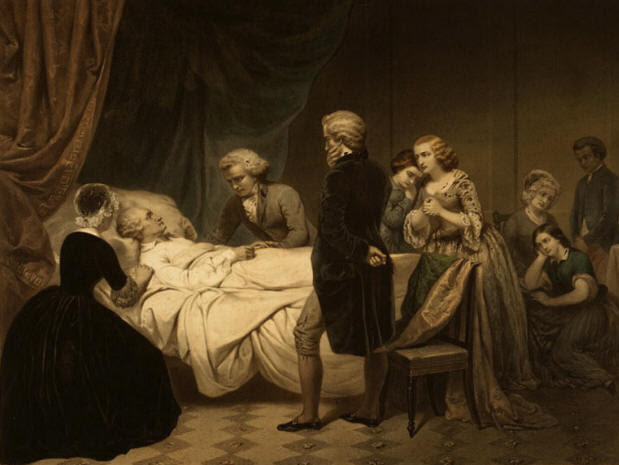
Their response was to bleed him heavily four times, a process of cutting one’s arm to let the “bad blood” out. They also had him gargle with a mixture of molasses, vinegar and butter.
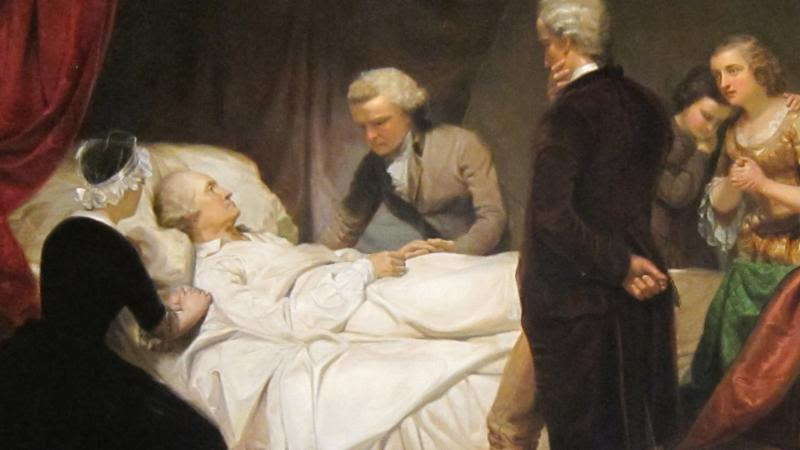
George Washington said:” Doctor, I die hard, but I am not afraid to go,” and “I should have been glad, had it pleased God, to die a little easier, but I doubt not it is for my good.”

George Washington, at about eleven o’clock in the evening, uttered his last words: “Father of mercies, take me unto thyself,” and “tis well.”
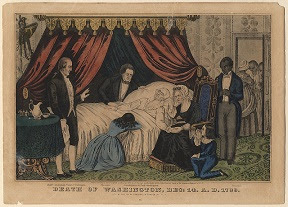
Despite the doctors’ best efforts, former President George Washington died December 14, 1799, at the age of 67.
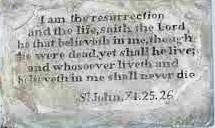
On Washington’s tomb at Mount Vernon is engraved: “I am the Resurrection and the Life; sayeth the Lord. He that believeth in Me, though he were dead yet shall he live. And whosoever liveth and believeth in Me shall never die.”
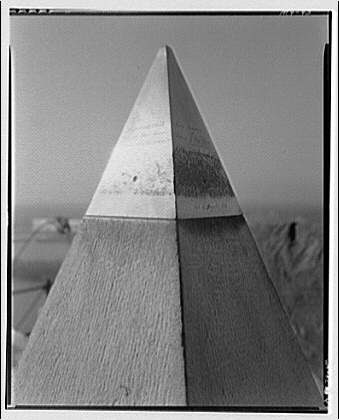
The Washington Monument in Washington, D.C., which is 555 feet tall, has engraved on its metal cap the Latin phrase “Laus Deo,” which means “Praise be to God.”
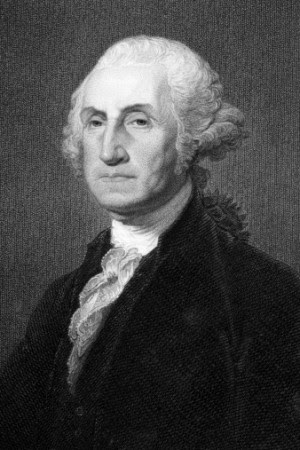
President Washington wrote to Bishop John Carroll, March 15, 1790:”May the members of your society in America, animated alone by the pure spirit of Christianity, and still conducting themselves as the faithful subjects of our free government, enjoy every temporal and spiritual felicity.”

Richard Allen, founder of the African Methodist Episcopal Church, delivered a eulogy of Washington in Philadelphia on December 29, 1799.Rev. Allen’s church was supported by contributions from founding fathers, including George Washington and Dr. Benjamin Rush.
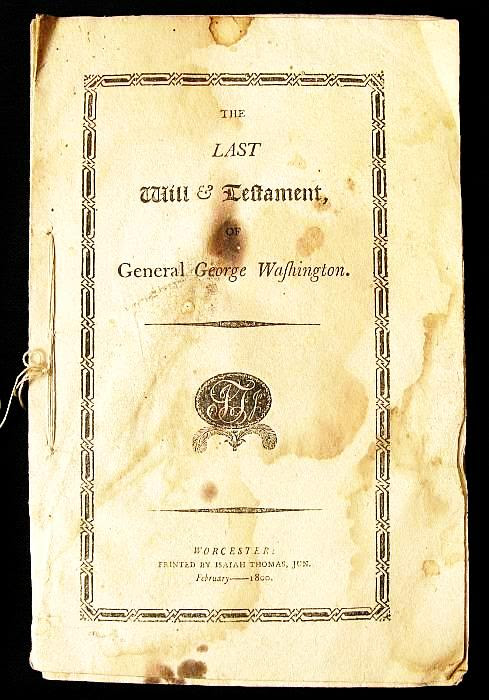
Though most founding fathers did not own slaves, of those that did, George Washington set a bold example by stipulating in his Will to free them all, and that any sick or elderly among them should be supported by his estate in perpetuity.
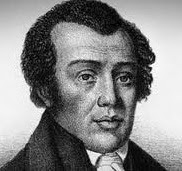
Rev. Richard Allen described Washington: “To us he has been the sympathizing friend and tender father. He has watched over us, and viewed our degraded and afflicted state with compassion and pity — his heart was not insensible to our sufferings.”
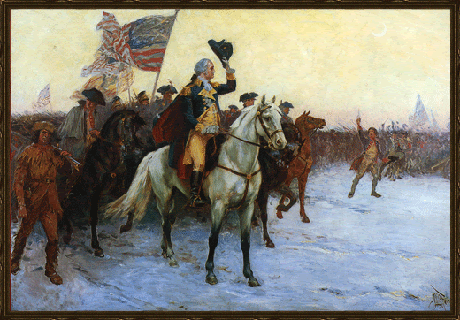
George Washington led the Continental Army to victory, giving the United States independence from the empire of the most powerful globalist leader in the world — the King of Great Britain.
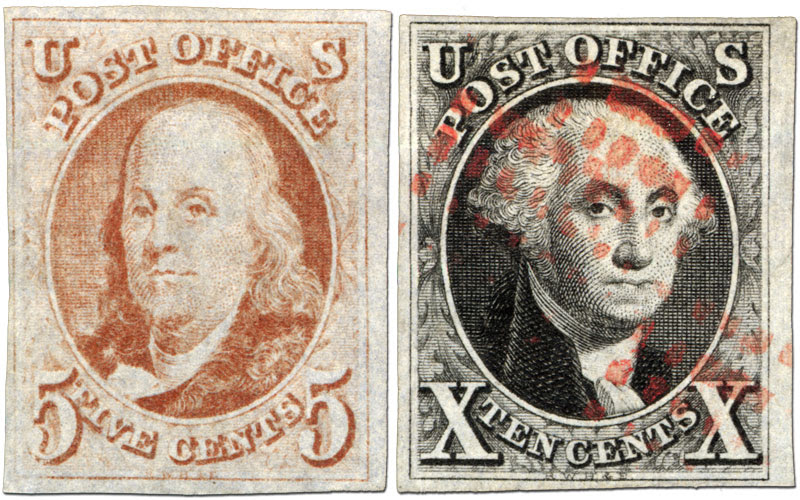
Benjamin Franklin served as an ambassador of the new United States. While attending a dinner of foreign dignitaries at Versailles, France, the minister of Great Britain proposed a toast to King George III, likening him to the sun. The French minister, in like kind, proposed a toast to King Louis XVI, comparing him with the moon.
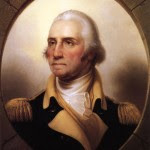
Benjamin Franklin stood up and toasted: “George Washington, Commander of the American armies, who, like Joshua of old, commanded the sun and the moon to stand still, and they obeyed him.”
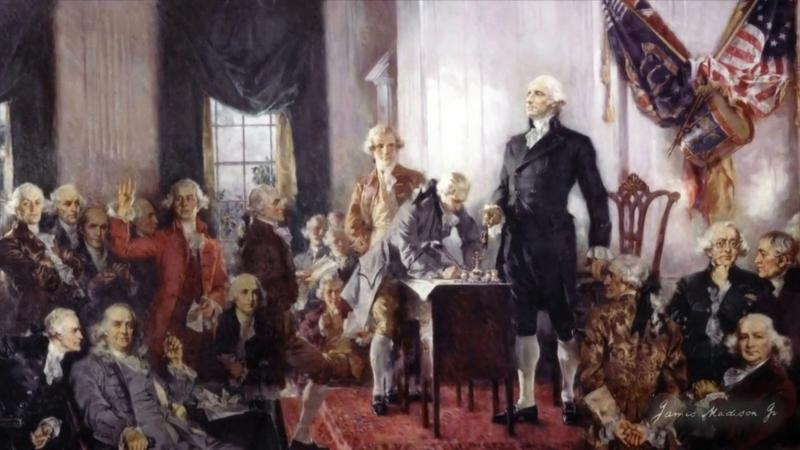
Washington presided over the Constitutional Convention, where a republican government was created, making the people are the king.
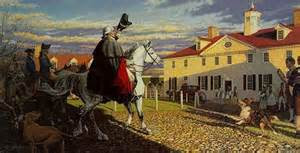
Washington only served two terms as President, setting an example for subsequent Presidents.
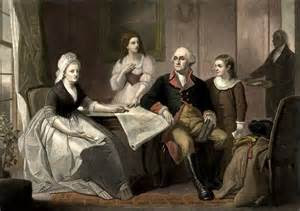
Poet Robert Frost wrote: “I often say of George Washington that he was one of the few men in the whole history of the world who was not carried away by power.”
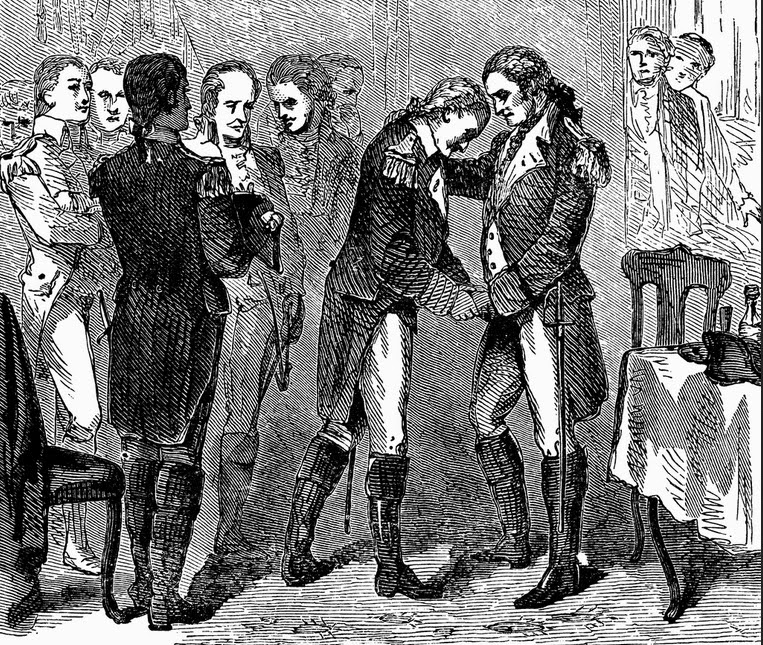
Major General Henry “Light Horse Harry” Lee, who served with Washington in the Revolution, was asked by Congress to write a eulogy for his former brother-in-arms.

Lee described Washington as: “First in war — first in peace — and first in the hearts of his countrymen … He was second to none in the humble and endearing scenes of private life; pious, just, humane, temperate and sincere; uniform, dignified and commanding, his example was as edifying to all around him, as were the effects of that example lasting.”
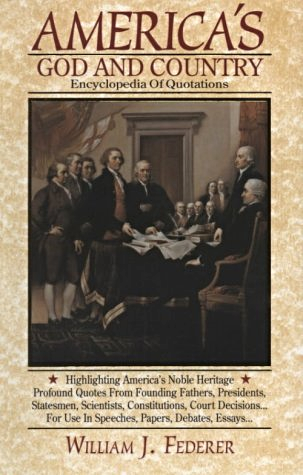
America’s God and Country Encyclopedia of Quotations
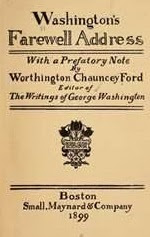
Three years before his death, Washington delivered his Farewell Address, September 19, 1796, in which he warned of what would later be termed the deep-state: “And of fatal tendency … to put, in the place of the delegated will of the Nation, the will of a party; — often a small but artful and enterprising minority … They are likely, in the course of time and things, to become potent engines, by which cunning, ambitious, and unprincipled men will be enabled to subvert the Power of the People and to usurp for the themselves the reins of Government; destroying afterwards the very engines which have lifted them to unjust dominion.”

He added that a political party may accept bribes from foreign countries to betray America’s interests: “It opens the doors to foreign influence and corruption, which find a facilitated access to the Government itself through the channels of party passions. Thus the policy and the will of one country, are subjected to the policy and will of another.”
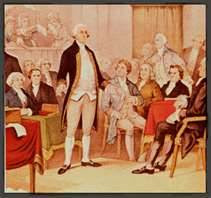
As demonstrated by the actions of numerous state governors, Washington’s warning predicted: “But this leads at length to a more formal and permanent despotism … Disorders and miseries, which result, gradually incline the minds of men to seek security and repose in the absolute power of an individual … (who) turns this disposition to the purposes of his own elevation, on the ruins of public liberty … The spirit of encroachment tends to consolidate the powers of all the departments in one, and thus to create, whatever the form of government, a real despotism …”
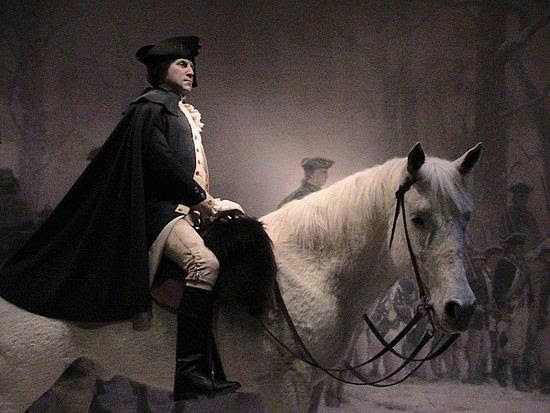
Washington foretold that state leaders implementing a temporary “instrument of good” could destroy free government by usurpation resulting in “permanent evil”: “But let there be no change by usurpation; for though this, in one instance, may be the instrument of good, it is the customary weapon by which free governments are destroyed. The precedent (of usurpation) must always greatly overbalance in permanent evil any partial or transient benefit which the use can at any time yield.”
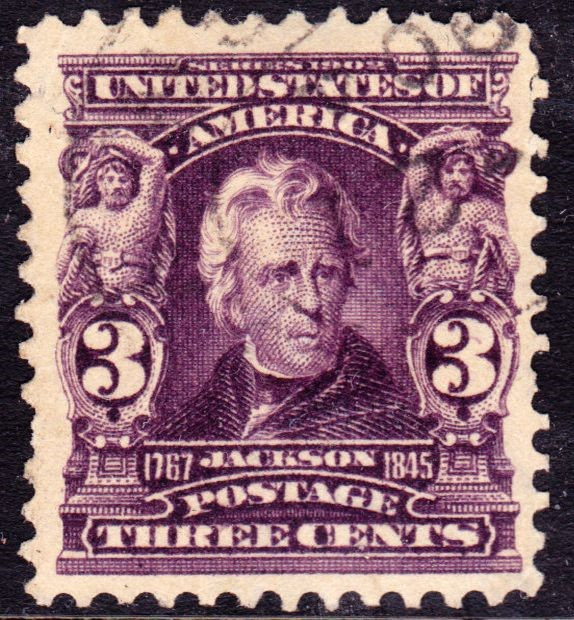
Less than 40 years after Washington’s death, President Andrew Jackson remarked in his Farewell Address, 1837:“Washington … seemed to be … the voice of prophecy, foretelling events and warning us of the evil to come …There have always been those amongst us who wish to enlarge the powers of the General Government … to overstep the boundaries marked out for it by the Constitution …Government … passed from the hands of the many to the hands of the few, and this organized money power from its secret conclave would have dictated the choice of your highest officers and compelled you to make peace or war, as best suited their own wishes …”
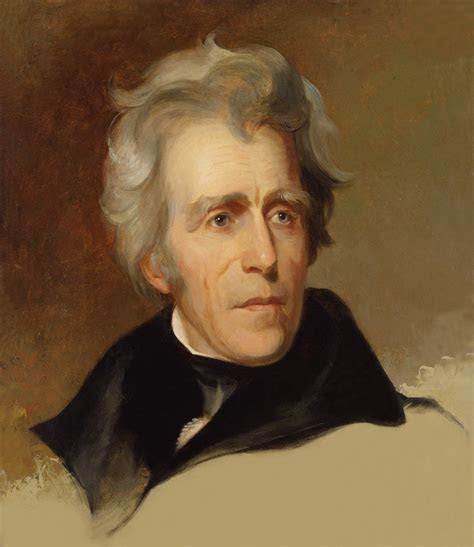
Jackson ended: “You have no longer any cause to fear danger from abroad …It is from within, among yourselves — from cupidity (excessive desire), from corruption, from disappointed ambition and inordinate thirst for power — that factions will be formed and liberty endangered.”

Lincoln warned, January 27, 1838:”At what point then is the approach of danger to be expected? I answer, if it ever reach us, it must spring up amongst us; it cannot come from abroad. If destruction be our lot we must ourselves be its author and finisher. As a nation of freemen we must live through all time, or die by suicide.”
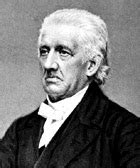
McGuffey’s Eclectic Sixth Reader, 1907, included a quote from Lyman Beecher, whose daughter, Harriet Beecher Stowe, wrote Uncle Tom’s Cabin: “While most nations trace their origin to barbarians, the foundations of our nation were laid by civilized men, by Christians …Imperfect as they were, the world before had not seen their like, nor will it soon, we fear, behold their like again … To ridicule them is national suicide.”

Ayn Rand wrote in “Foreign Policy Drains U.S. of Main Weapon” (The Los Angeles Times, September 9, 1962):”There is no difference between communism and socialism, except in the means of achieving the same ultimate end: communism proposes to enslave men by force, socialism — by vote. It is merely the difference between murder and suicide.”

Arnold Toynbee wrote a 12-volume Study Of History (1934-1961) examining the rise, flowering, and decline of 26 civilizations. In Change and Habit: The Challenge Of Our Time (1966), he predicted if the United States and the Soviet Union could not maintain world order China would become the major global power. Toynbee wrote: “Civilizations die from suicide, not by murder.”

Pulitzer Prize winning historians Will and Ariel Durant wrote: “A great civilization is not conquered from without until it has destroyed itself from within.”
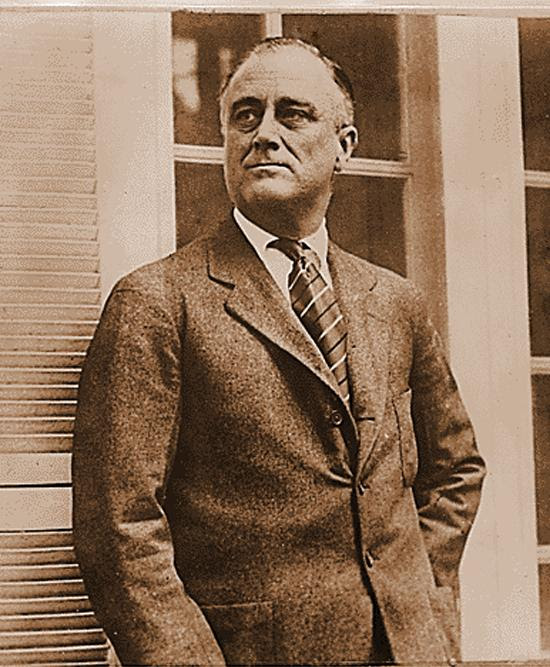
Franklin D. Roosevelt stated October 28, 1940:”We guard against the forces of anti-Christian aggression, which may attack us from without, and the forces of ignorance and fear which may corrupt us from within.”
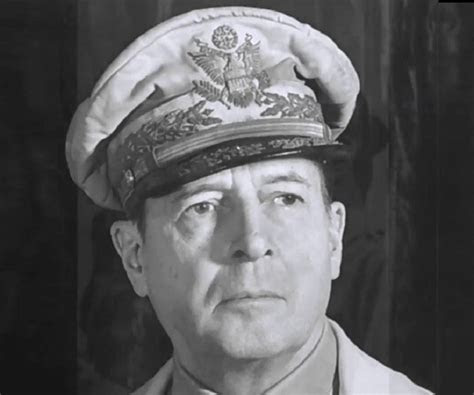
General Douglas MacArthur stated July 25, 1951:”It is not of any external threat that I concern myself but rather of insidious forces working from within which have already so drastically altered the character of our free institutions …We must unite in … the moral courage and spiritual leadership to preserve inviolate that mighty bulwark of all freedom, our Christian faith.”
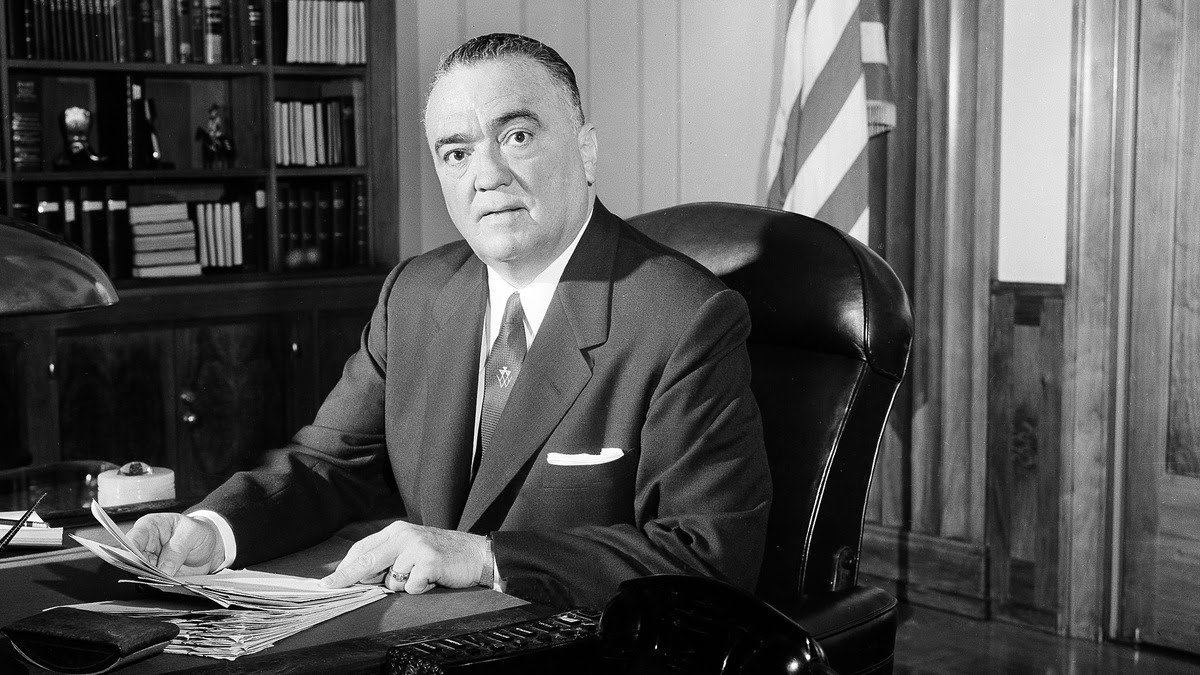
J. Edgar Hoover stated: “The communist threat from without must not blind us to the communist threat from within. The latter is reaching into the very heart of America through its espionage agents and a cunning, defiant, and lawless communist party, which is fanatically dedicated to the Marxist cause of world enslavement and destruction of the foundations of our republic.”
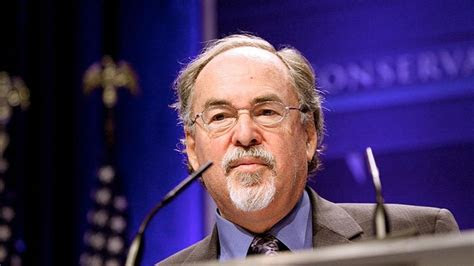
David Horowitz, an author who had previously been a 1960s radical Marxist, wrote in the Jewish World Review, September 6, 2001:”‘Social justice’ … protesters are the Fifth Column vanguards envisaged by Weatherman, declaring war on the Empire and plotting to tear down its walls from within.”
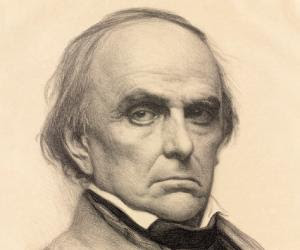
Daniel Webster stated: “Hold on … to the Constitution and to the Republic for which it stands … for if the American Constitution should fail, there will be anarchy throughout the world. “Webster ended his 1802 speech in Massachusetts: “We live under the only government that ever existed which was framed by the unrestrained and deliberate consultations of the people …Miracles do not cluster. That which has happened but once in six thousand years, cannot be expected to happen often …Such a government, once gone, might leave a void, to be filled, for ages, with revolution and tumult, riot and despotism.”
